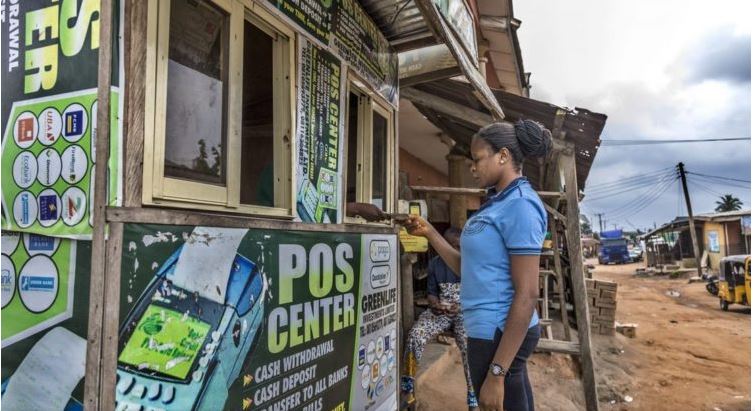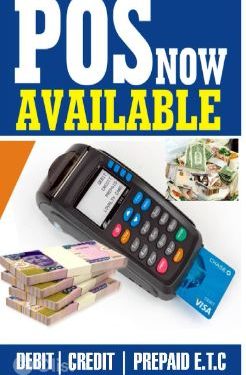A recent study on the use of mobile money in Nigeria has shed light on its potential risks and challenges associated with transactions in the Country despite its convenience and positive impact on financial inclusion. The research examined the perspectives of customers, operators, and fintech developers to identify key issues and their implications for stakeholders.

According to a 2021 World Bank report, Nigeria faces significant challenges in providing essential banking services to its population. Only 45% of Nigerian adults have bank accounts, and nearly half of the adults do not use any formal financial services. This leaves more than one-third of Nigerian adults completely financially excluded, lacking access to safe money storage and credit.
Given the limited access to traditional banking services, many Nigerians turn to alternative systems such as mobile money to meet their financial needs. Mobile money involves individuals operating point-of-sale machines in shops or on the streets, providing informal banking services for a fee. This approach appeals to those without internet banking or nearby ATM or bank branches.
The study identified several significant challenges associated with mobile money operations in Nigeria. Consumers using point-of-sale machines are vulnerable to fraud, as they interact with non-traditional banking entities as Fraudsters may compromise card details, emphasizing the need for robust security measures.
Also, Point-of-sale operators face risks due to less robust security measures compared to traditional banks. And some operators have endeavor to mitigate these risks by operating only during daylight hours in secure locations with burglary proofing.
High costs of transactions is also a major challenge for both Operators as well as service users as developers deduct fees from each transaction, while operators charge additional fees to consumers despite the Central Bank of Nigeria setting a maximum fee limit. There have been reported cases of agents charging higher fees, especially during the period of currency scarcity.
Inadequate internet connections and server reliability pose challenges to mobile money transactions. The lack of reliable support systems has led some agents to switch developers, impacting sales and resulting in customer losses.
While mobile money has improved financial inclusion in Nigeria, it is crucial to address the challenges identified. Such solutions include the need for enhanced security, increased transparency and regulatory compliance. Developers must adhere to regulatory requirements to maintain the legality and trustworthiness of their services, while regulators need to keep pace with industry trends, provide supportive policies for financial inclusion, and conduct spot-checks to ensure compliance. By implementing these measures, the mobile money ecosystem can provide a safer and more inclusive financial experience for all stakeholders.















